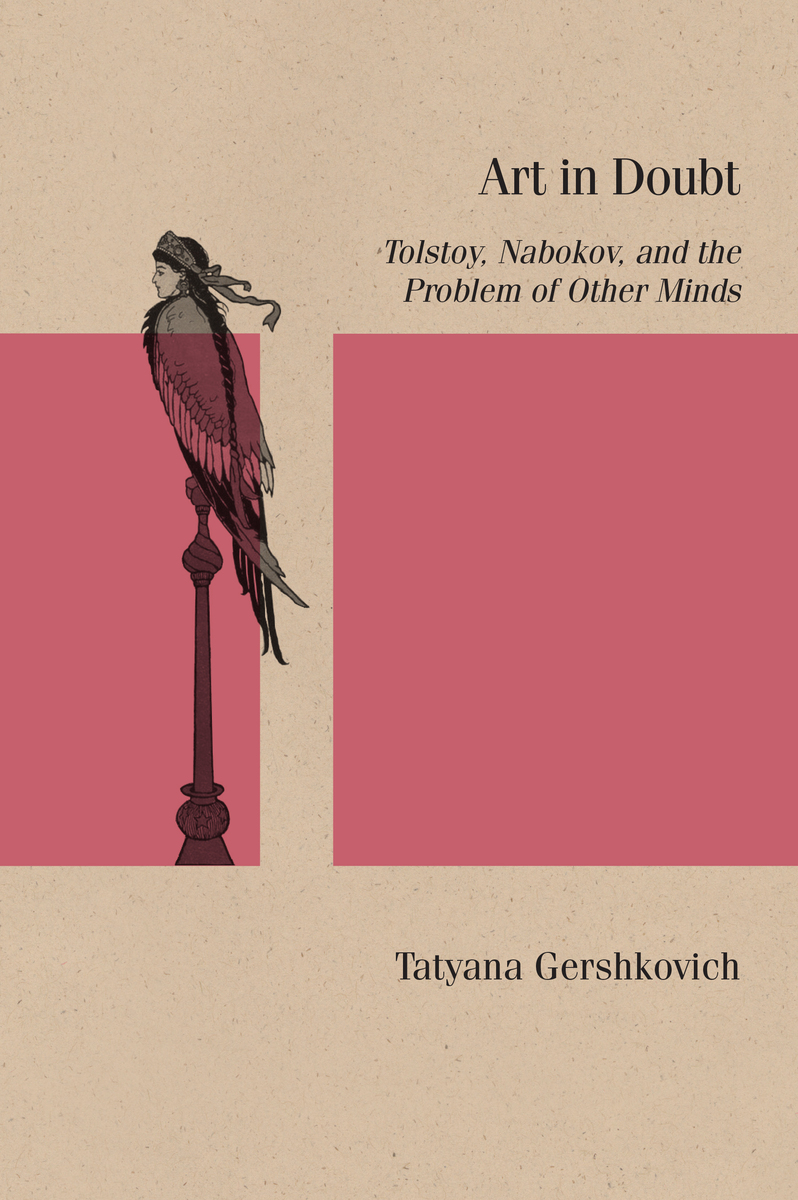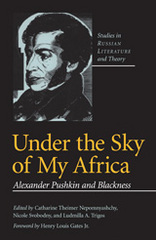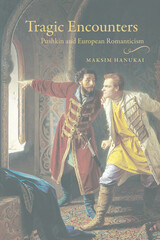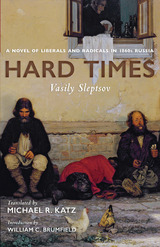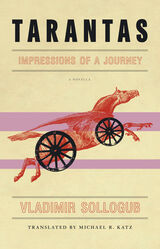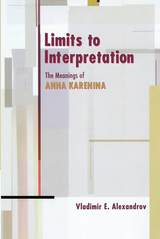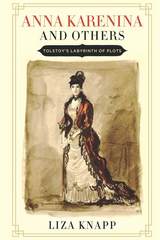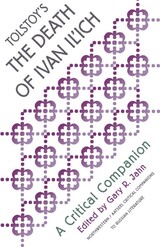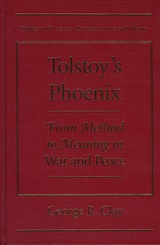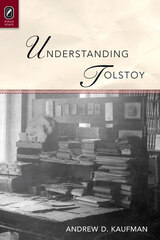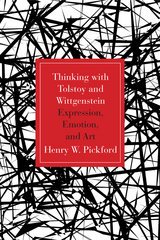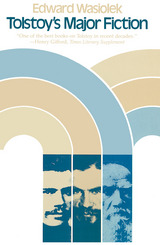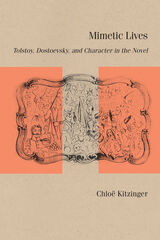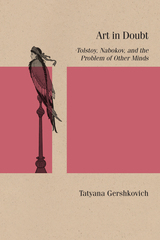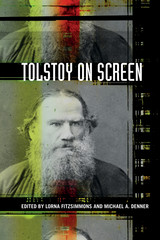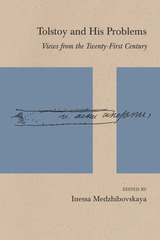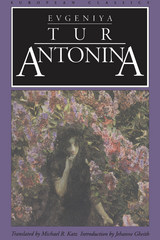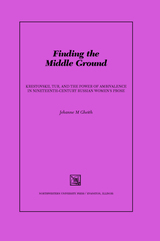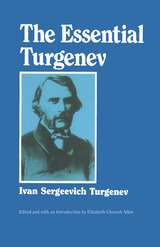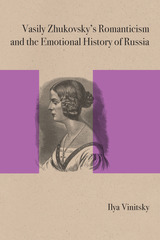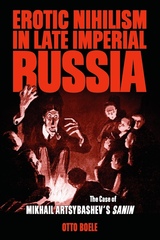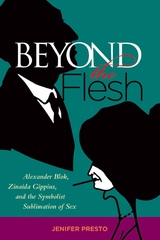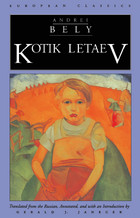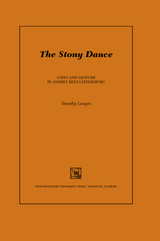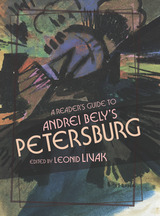“Art in Doubt is a deeply sophisticated, subtle, and compelling study of the dilemmas of authorship in the era of transition from realism to modernism.” —Thomas Seifrid, author of The Word Made Self: Russian Writings on Language, 1860–1930
— -
“Art in Doubt makes a valuable contribution to the ongoing discussion of individualism in the art of modernity. Tolstoy and Nabokov, seemingly so different, are presented as reluctant skeptics of the reality they step outside of in Cartesian fashion in order to recreate. Through new readings of key works by the two authors, Tatyana Gershkovich traces their struggles, both positive and negative, with skepticism. Despite pessimism at times mounting to despair, each one is determined to make art a conduit to truth and shared experience.” —Donna Tussing Orwin, author of Consequences of Consciousness: Turgenev, Dostoevsky, and Tolstoy— -
"There are many moments while reading this book when a sentence is so finely wrought as to cause you to stop in order to appreciate it. An established specialist in Tolstoy studies, Tatyana Gershkovich will now also draw readers of Nabokov, bringing these two authors into productive dialogue and giving us a better sense of how they might meet on common ground." —William Nickell, University of Chicago — -
“Art in Doubt is a deeply sophisticated, subtle, and compelling study of the dilemmas of authorship in the era of transition from realism to modernism.” —Thomas Seifrid, author of The Word Made Self: Russian Writings on Language, 1860–1930
— -
“Art in Doubt makes a valuable contribution to the ongoing discussion of individualism in the art of modernity. Tolstoy and Nabokov, seemingly so different, are presented as reluctant skeptics of the reality they step outside of in Cartesian fashion in order to recreate. Through new readings of key works by the two authors, Tatyana Gershkovich traces their struggles, both positive and negative, with skepticism. Despite pessimism at times mounting to despair, each one is determined to make art a conduit to truth and shared experience.” —Donna Tussing Orwin, author of Consequences of Consciousness: Turgenev, Dostoevsky, and Tolstoy— -
"There are many moments while reading this book when a sentence is so finely wrought as to cause you to stop in order to appreciate it. An established specialist in Tolstoy studies, Tatyana Gershkovich will now also draw readers of Nabokov, bringing these two authors into productive dialogue and giving us a better sense of how they might meet on common ground." —William Nickell, University of Chicago — -
“Art in Doubt is a deeply sophisticated, subtle, and compelling study of the dilemmas of authorship in the era of transition from realism to modernism.” —Thomas Seifrid, author of The Word Made Self: Russian Writings on Language, 1860–1930
— -
“Art in Doubt makes a valuable contribution to the ongoing discussion of individualism in the art of modernity. Tolstoy and Nabokov, seemingly so different, are presented as reluctant skeptics of the reality they step outside of in Cartesian fashion in order to recreate. Through new readings of key works by the two authors, Tatyana Gershkovich traces their struggles, both positive and negative, with skepticism. Despite pessimism at times mounting to despair, each one is determined to make art a conduit to truth and shared experience.” —Donna Tussing Orwin, author of Consequences of Consciousness: Turgenev, Dostoevsky, and Tolstoy— -
"There are many moments while reading this book when a sentence is so finely wrought as to cause you to stop in order to appreciate it. An established specialist in Tolstoy studies, Tatyana Gershkovich will now also draw readers of Nabokov, bringing these two authors into productive dialogue and giving us a better sense of how they might meet on common ground." —William Nickell, University of Chicago — -
